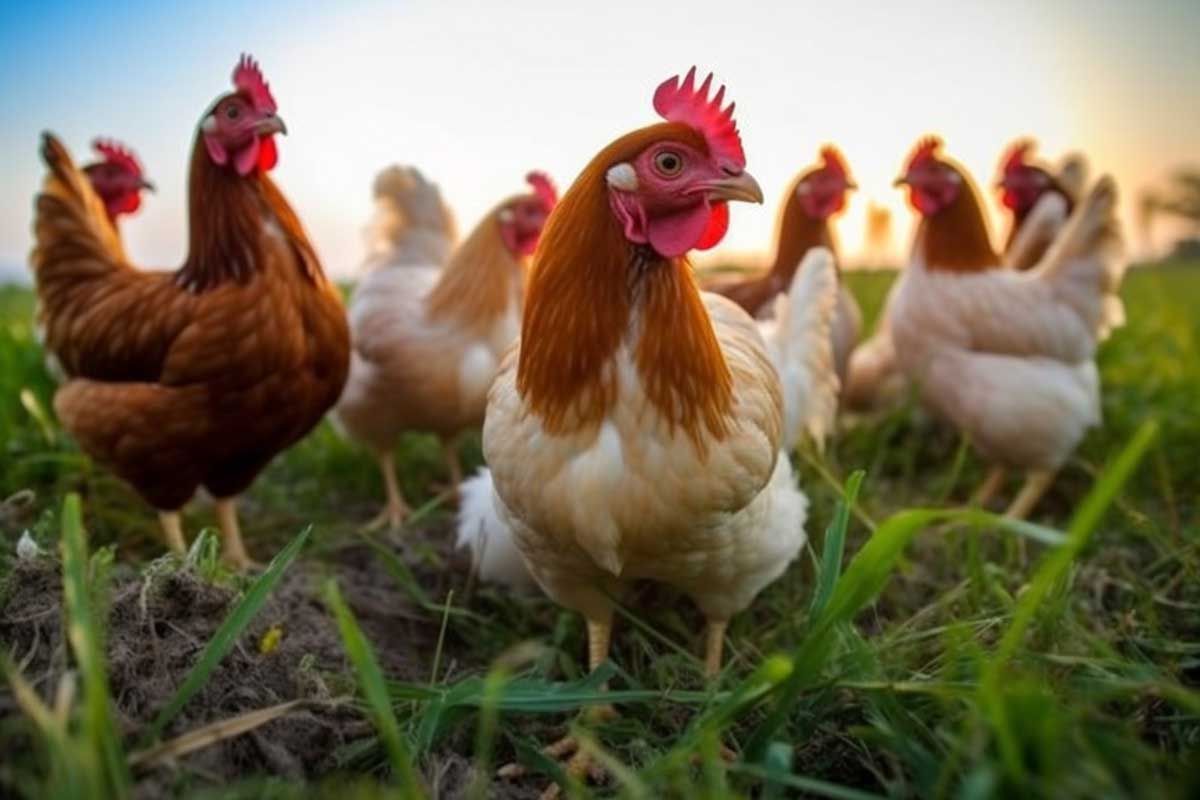Bird flu’s viral release back in 2021 effected farmers all over the UK as poultry farmers were conditioned to confining their birds to the indoors.
This last year, Avian influenza has not only become a seasonal problem, but viral outbreaks are happening throughout the year. The poultries restriction to factories has promoted ethical concerns involving the health of the birds. Thousands are being reared in confining conditions. Impacting the risk of infections spreading within the factories.
The Compassion in World Farming have stated that following 20 years of evolution of farmed poultry the deadliest strain of bird flu has arisen in wild birds. This independent circulation of the virus has resulted in outbreaks within remote areas with no poultry.
Although the circulation of bird flu within wild birds is alarming, it is a natural occurrence. However, in July 2023 a statement was produced by the UN’S Food and Agriculture Organization (FAO), World Organisation for Animal Health (WOAH) and the World Health Organization (WHO), spoke of ‘countries working together across various sectors to save as many animals as possible. Avian influenza viruses normally spread among birds; but the increasing number of H5N1 Avian influenza detections among mammals – which are biologically closer to humans than birds are – raises concern that the virus might adapt to infect humans more easily’.
This statement has triggered an unsettling reality to the farming industry. This disease will not be slowing down; but in fact, mutating into new variants of influenza A(H5) and influenza A(H5N1). The World Health Organization (WHO) have stated a few mammals that this strain has infected. Naturally, most of the mammals infected are predators, some of the known mammals include mink, otter, badger, bear, racoon, and seals.
Farmers have been appointed precautions to help slow down the A(H5N1) spreading. This includes Farmers applying appropriate hygiene practices to their poultry and consideration of vaccinating poultry to serve as a ‘disease control tool’.
The World Health Organisation (WHO) have stated that they are ‘monitoring the rapidly evolving nature of the virus.’ As well, they will continue to provide updates of countries responses to the spread in the hopes of this virus not becoming a major risk to humans.
Source:

